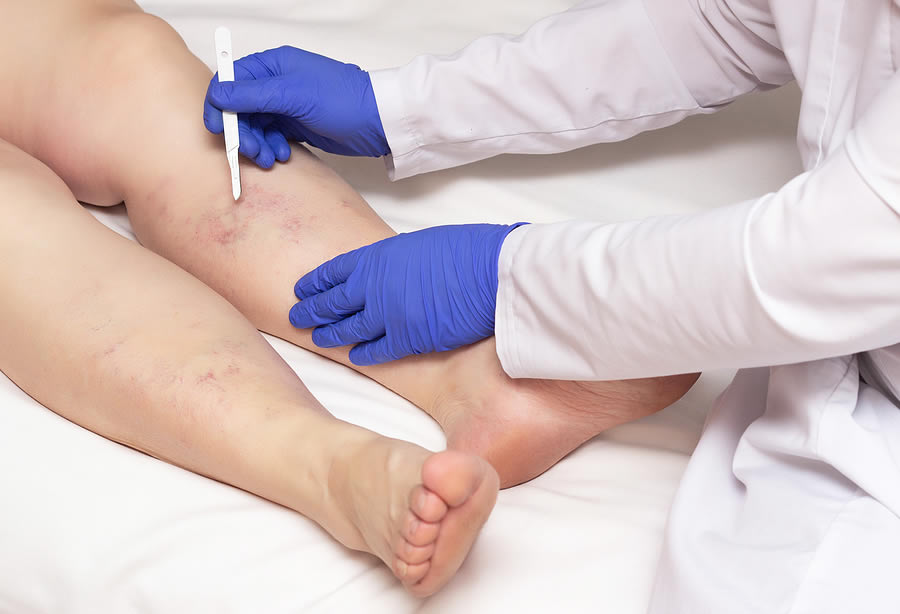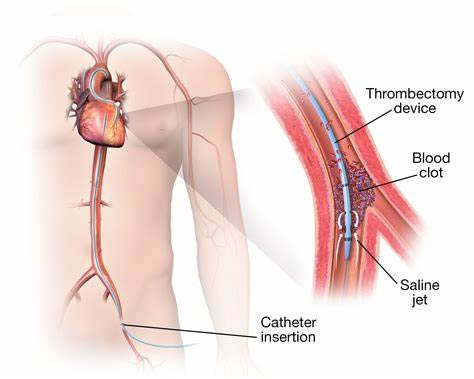
At Cardiovascular Specialists, we are committed to offering the best cardiology services, including cutting-edge treatment options for Deep Venous Thrombosis or DVT. Our expert team of cardiologists, supported by the latest technology and research, can provide treatments such as deep venous thrombectomy and stenting to enhance patient outcomes and improve quality of life. Read on to understand how a heart doctor utilizes these advanced treatment procedures and how they can offer a solution to DVT.
Deep venous thrombectomy is a minimally invasive procedure designed to remove a blood clot from the deep veins, usually in the legs. This treatment becomes necessary when DVT presents risks such as post-thrombotic syndrome or pulmonary embolism. The procedure involves inserting a thin, flexible tube into the affected vein. A tiny device at the catheter's tip either dissolves or mechanically removes the clot. This procedure helps restore normal blood flow and reduces the risk of severe complications.

Venous stenting is another procedure that may be used to treat DVT or prevent its recurrence. A small, mesh-like tube is placed in the vein to keep it open, ensuring the blood flow isn't blocked by clots. This procedure is often performed after a thrombectomy to maintain optimal blood flow. Venous stenting can also be beneficial in instances where a patient's vein has been narrowed or blocked by scar tissue, making it an adaptable and critical tool in the treatment of various conditions.
Deep venous thrombectomy and stenting are recognized for their high efficacy in treating DVT. They not only help in resolving immediate risks but also assist in preventing long-term post-thrombotic complications. Compared to anticoagulation therapy alone, these procedures provide a more immediate solution and potentially offer a better quality of life. The combination of thrombectomy and stenting techniques provides an integrated approach to DVT management, enhancing both the immediate relief and the long-term prognosis of the patient.

Recovery times vary, but most patients can expect to return to normal activities within a few days to a week after the procedure. Our team provides a comprehensive aftercare plan to minimize the risk of complications and to ensure a quick return to normal life. This plan typically includes follow-up appointments, guidance on medication use, and information on signs of potential complications, ensuring each patient is fully equipped and informed to handle the recovery process. Our team's personalized and attentive approach to aftercare ensures that patients are well-supported.
If you’re searching for a reliable cardiologist, then you’ve come to the right place. At Cardiovascular Specialists, we are dedicated to providing you with high-quality treatments to ensure your best health. If you have more questions or need help managing DVT, our specialists are always ready to assist. If you or a loved one requires consultation or treatment for DVT, don't hesitate to reach out to us. Contact our office for more details or to schedule an appointment with an experienced local heart doctor.